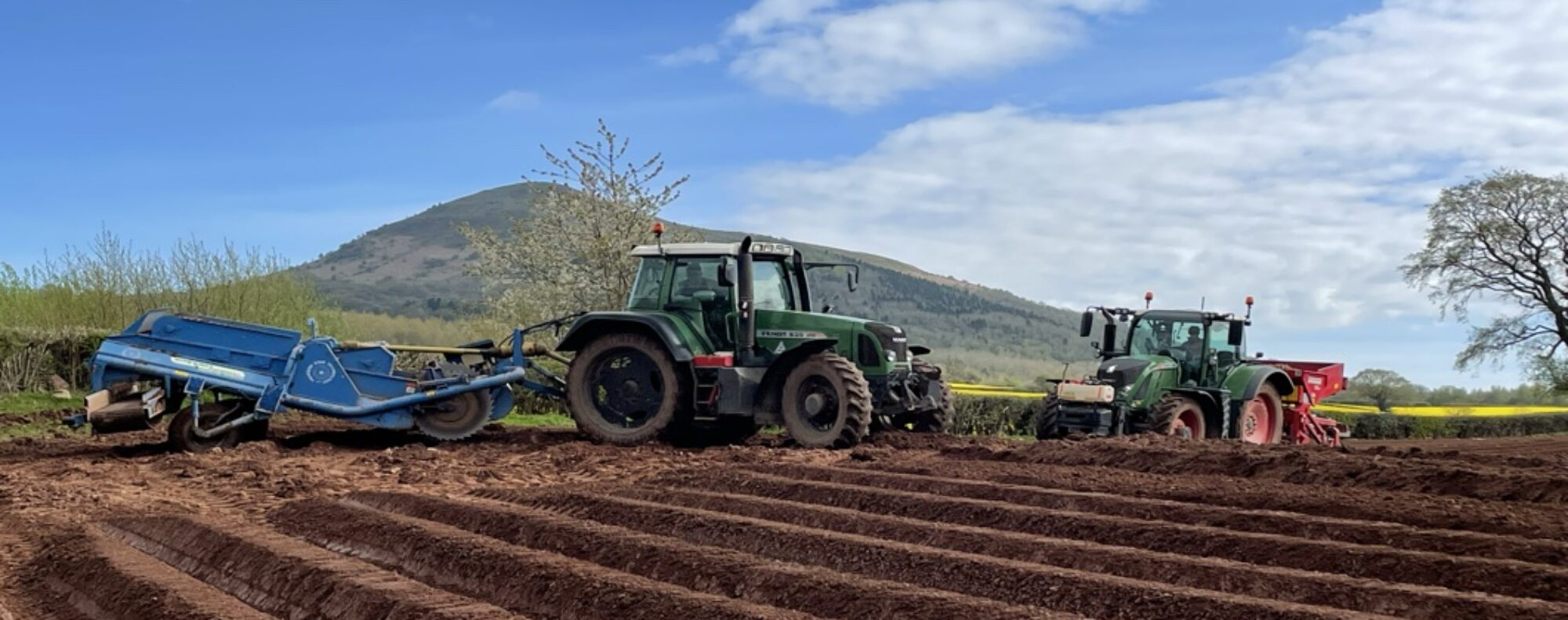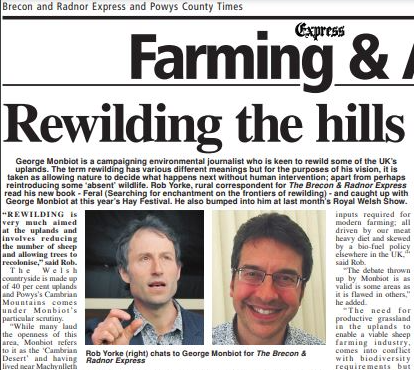I am an unaffiliated commentator/moderator so I wasn’t sure if this was the sort of gig for me to argue against the House in an Oxford Union-style debate in a room of agricultural lawyers and surveyors. In the end, I thought it a worthy experiment to see if I could walk in the shoes of another view in opposing the motion:
‘This House believes that we have collectively lost our minds in using productive land for solar schemes and rewilding’
“Thank you Chair: I want to start by making three brief preliminary points:
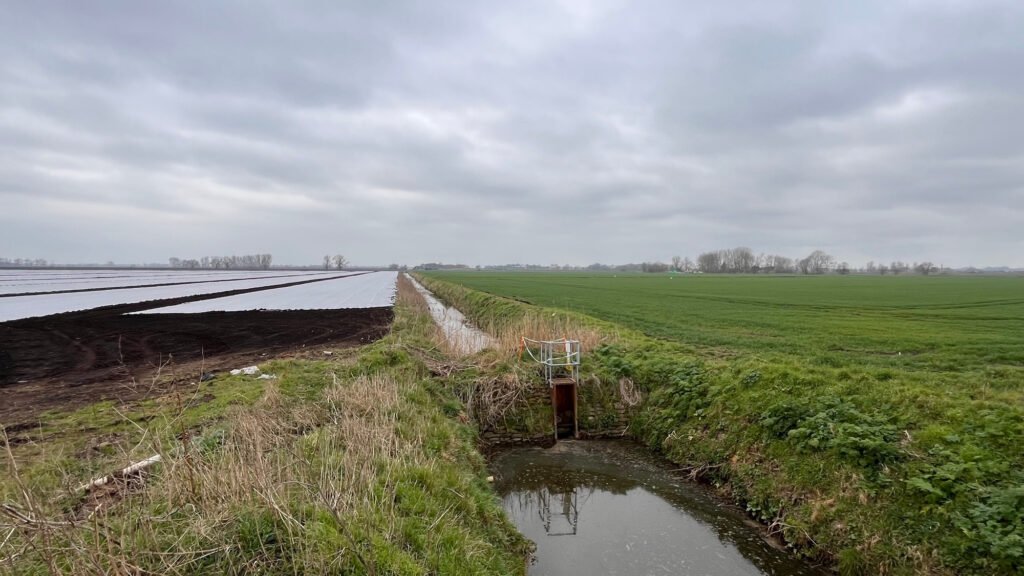
Firstly, congratulations to the Agricultural Law Association for reaching their 50th anniversary – you wouldn’t have made it without your collectively adaptive minds, responding to your clients needs, within a rapidly changing agricultural landscape.
Secondly, it’s not for me to change your mind, you are open-minded enough to do that yourself – as Spike Lee said, “people are going to make up their own minds, my approach is to put the information into the movie and let people decide for themselves – I respect the intelligence of the audience” – and I certainly don’t intend to convert you into solar-panel-PV-hugging wolf-lovers.
Thirdly, as an environmental curator/moderator of events, I couldn’t help but run an inquisitive, curious eye over the House’s proposal. The meaning of the words “productive land” ten years ago would have been straightforward. Gove hadn’t reached his unfrozen moment (remember, this was ABB, ‘Agriculture Before Brexit’), solar was in its infancy and rewilding was an evolving idea in the mind of a chap named George.
I would suggest that productive land would have meant : land for producing food
Status quo over
In 2018, I was at the Royal Welsh show when the CLA president announced that “the status quo is over”.
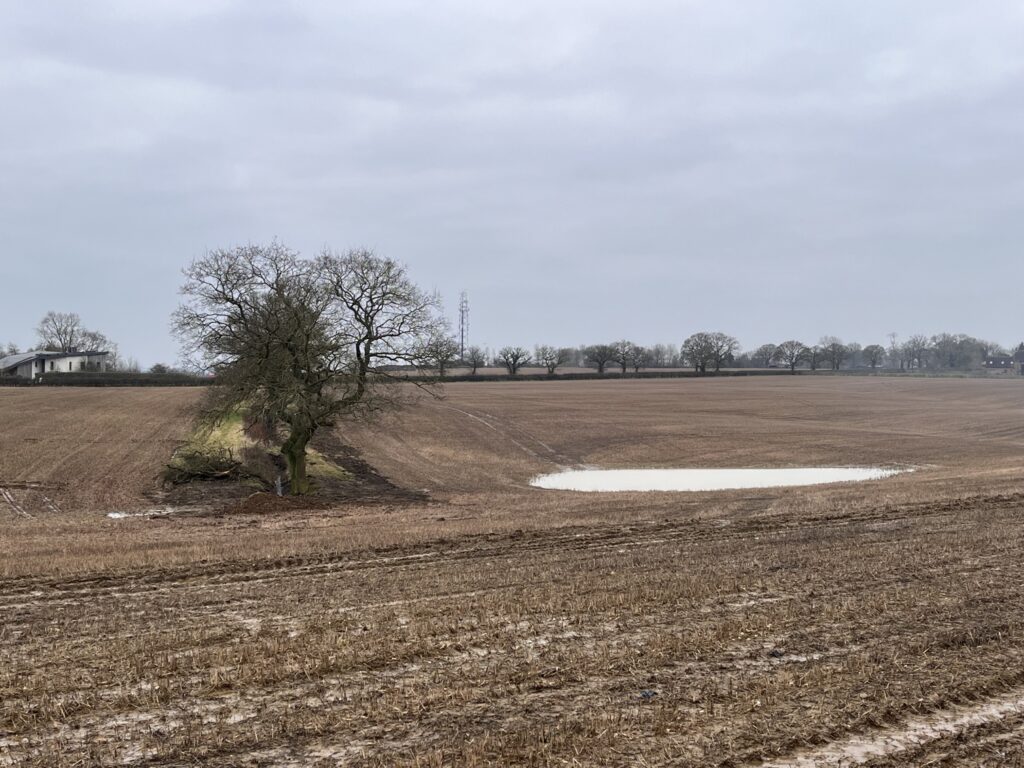
Today in a ‘public goods’ world, land use is being repurposed. Hereby lies the linguistic minefield in the ambiguous remit for this debate. This is not about the pros/cons of solar or trying to define ‘rewilding’ – this is about the phrase “productive land, and the contextual interpretation of its meaning to the countryside today. Before I move on, I want to say something important : let the cat out of the bag, or should that be the lynx into the forest?
We all need to eat. And fabulous, fabulous British farmers are at the forefront of providing safe/plentiful food for the nation within the parameters of a variable climate, statutory environmental obligations, tightening regulation, ambitious net zero targets, all set within a volatile global backdrop. For all that uncertainty, the UK is mostly food secure. Whereas other places (like Sudan) are – they have a serious food security issue on the ability for all people/ at all times/ having physical/economic access to safe and nutritious food.
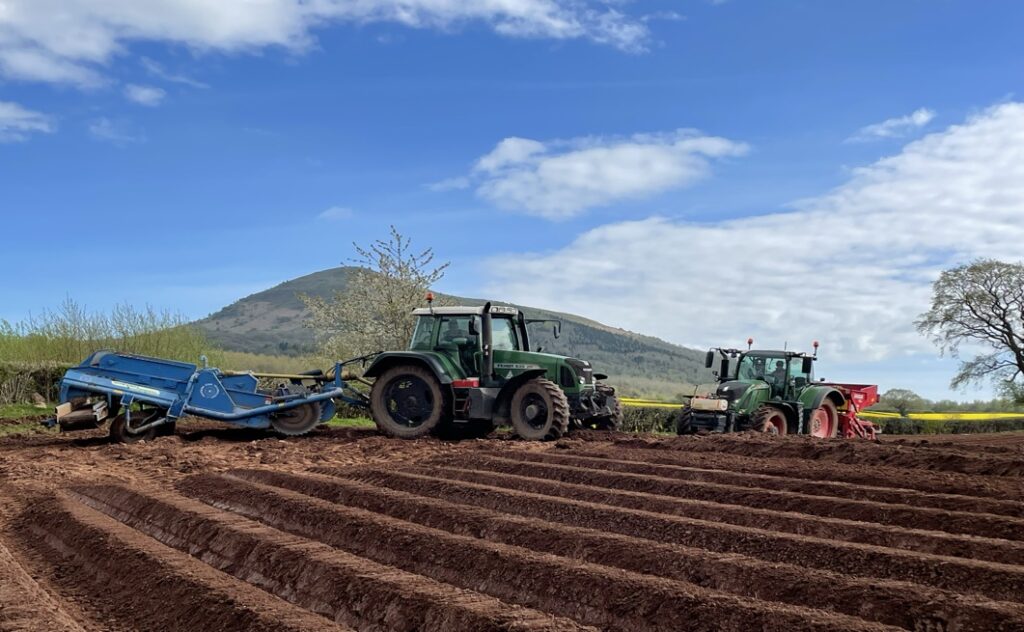
Nutritious food
So let’s not conflate food security with food self-sufficiency [albeit the latter is integral to the former]. Of course, we are less self-sufficient than after the war, that also applies to pesticides/farm machinery, but the important matter is the word “nutritious” as food-productive land depends on healthy soils.
We get 2000 KiloCalories/per person/per day from wheat, and Norman Boulang, father of the Green Revolution, is a unsung hero of mine; the Common Agricultural Policy less so.
The CAP guaranteed food on the shelves, funded rural communities in Less Favoured Areas – but subsidies also stymied British farmers’ ability to innovate, to steward/husband resources, rather than rely on inputs, when for example 70% of fertilisers leach into the environment.
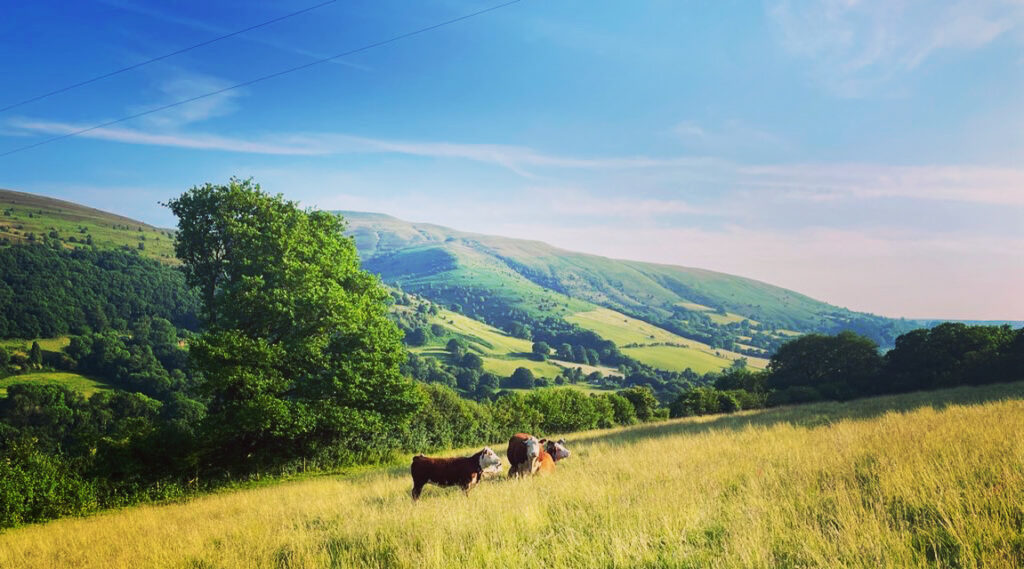
All of which leaves a legacy of declining productivity. British farmers are brilliant at producing more from less : we can produce more of what we do well: grass-fed beef, nourishing oats, indoor/free-range poultry, and great British beans… while we have a moral obligation to examine the opportunity costs of other uses of the land – with more room for wild nature, trees for timber and carbon, silvo-pasture, recreation, agro-forestry.
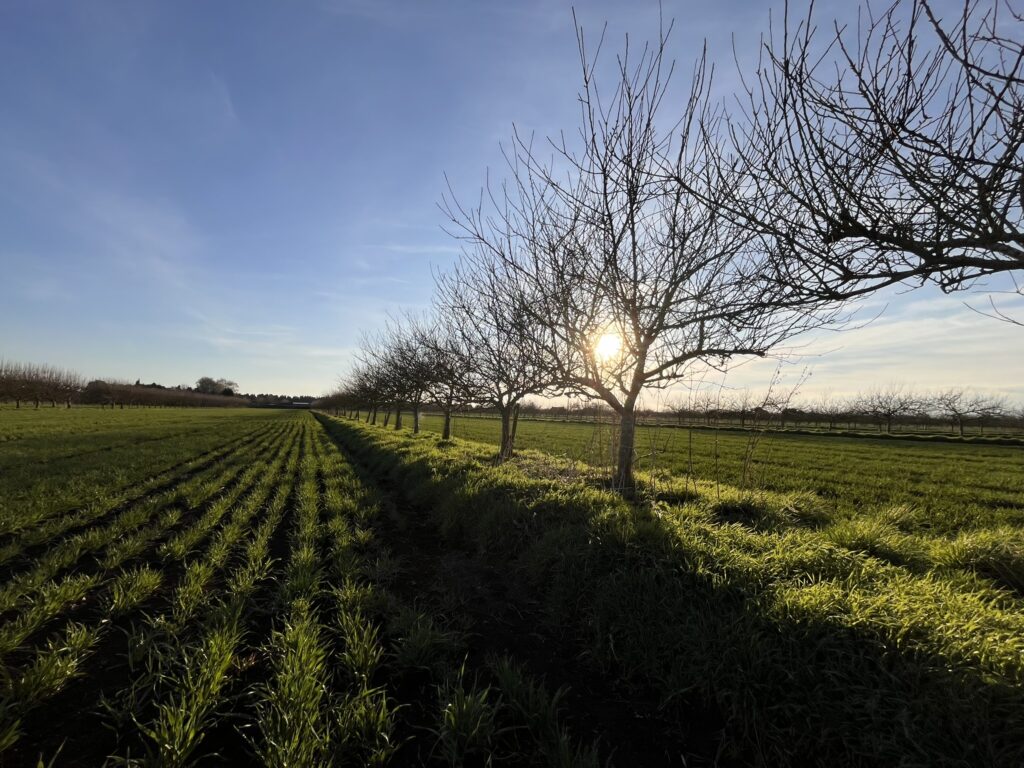
Land use, optimised
The govt has undertaken a land use consultation (who did it?) The Royal Society, House of Lords, Climate Change Committee have all hinted we can use land for other things. Hey, multifunctional land is just another term for diversification – spread risk, mitigate against disease, diversify income, as a farming union said recently: “renewable energy is a central part of the NFU’s net zero ambition and solar projects offer a good diversification option for farmers”.
Perhaps members of the House like playing golf – which takes up more land, and sucks water away from irrigating vital crops. I’m just putting that out there.
Farming the sun
Even with increasing competing demands food security – energy security – timber security – there is more land that we think – 16 million ha of utilised agricultural area – let’s not forget that solar is a temporary land use, and a financially productive one at that, when say compared with permanent pasture. A farmer told me solar was part of his crop rotation, incorporating grazed livestock, resting/restoring soil biodiversity.
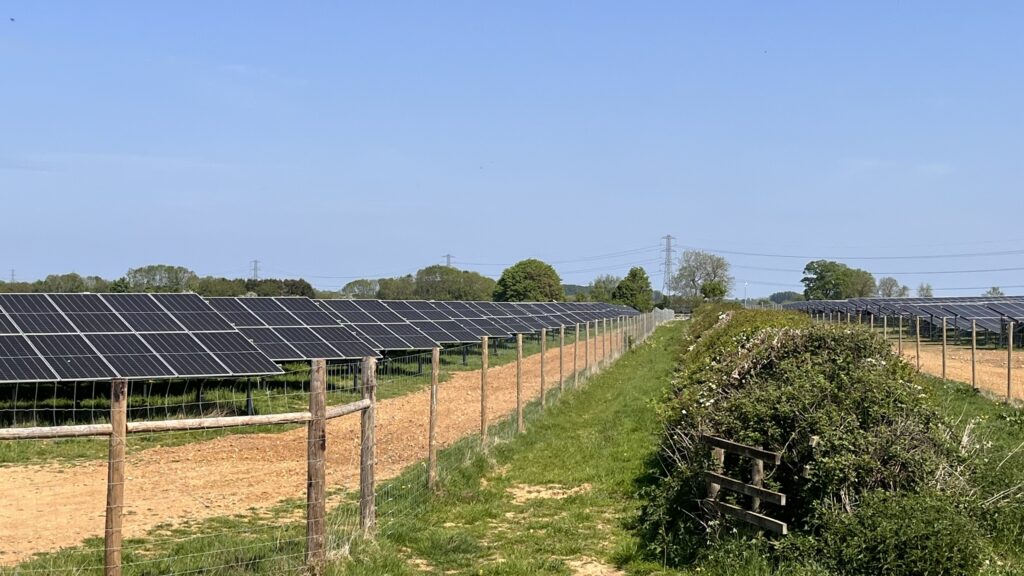
Solar takes up a tiny area of land – even, in extremis, if the 77 gigawatts target by 2035 is achieved, it would still only use just under 5% of farmland – with advances in technology further reducing the land required for double-sided solar panels. Let’s not demonize them, by siding with politicians keen to please middle England’s Tesla-drivers … which just makes it harder for farmers to embrace this alternative, if temporary, productive land use.
Leveraging wildness
Talking of demons, let’s touch on ‘rewilding’. Since I interviewed George Monbiot in 2013 (his book Feral), an excited movement has swept across conventionally managed, and sometimes dull, countryside. And yes, it can be hard to engage in nuanced conversations on a role for rewilding bits of low yielding farmland when single-issue agitators leverage the term rewilding against almost any forms of existing land use.
As woodland was once marked as ‘waste’ on old maps, today’s media frenziedly refers to any hint of tree planting, wild flower margins, forestry or Landscape Recovery schemes – as “rewilding”. This framing is unhelpful – as it ostracizes farmers from engaging in adaptive land management practices.
Mosaic farmland
Let’s optimise the land. What about the ‘Three Compartment model’ which came out of the Food Strategy? A mosaic of some wild nature on unfarmed land/ other bits farmed with nature, organic Knepp-style / and other land farmed with sustainable gene-edit-precision to ‘intensively’ produce food. Why push farmers to farm dangerous steep land or even boggy lowlands?
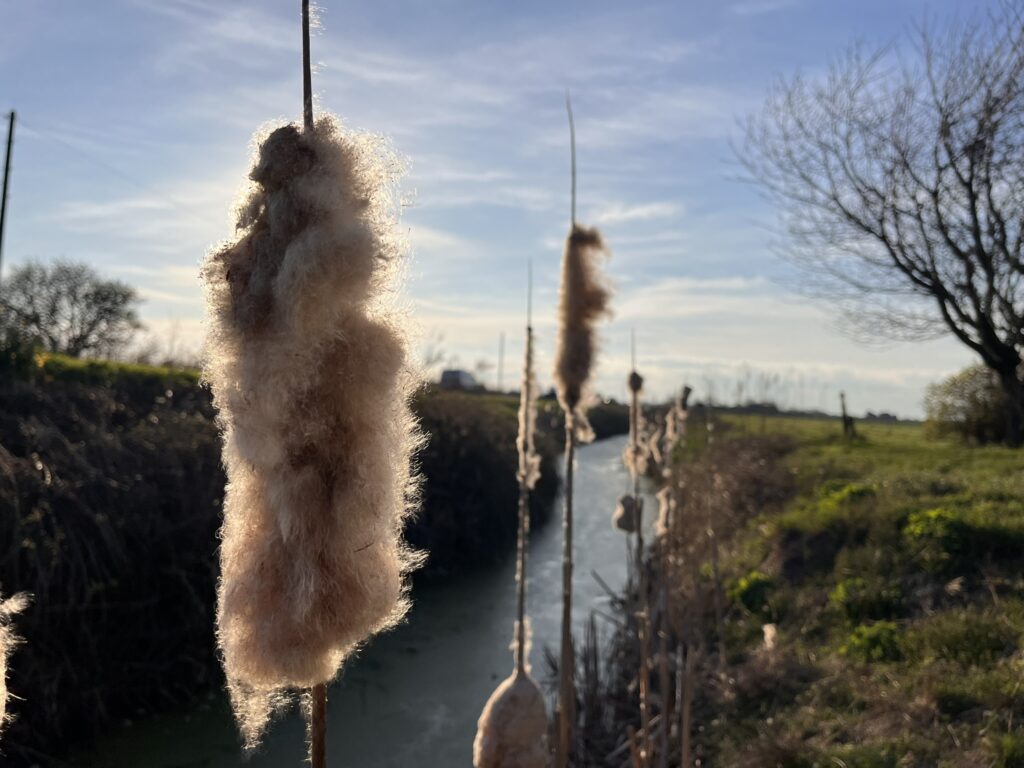
I was in the Fens last month and met a farmer on grade 1 lowland peat unable to harvest his crops, the land drains/ditches now defunct by having to pump water too many times. If some soils are less versatile, uneconomic for food production, when further scrutinised for their carbon footprint, it may be more productive to be paid to rewet the land to deliver carbon-based public goods.
Let’s not tilt at windmills – too many examples are not rewilding – though some might be called farmland ecosystem restoration. Beware the illusory truth effect, when tribal-triggering-tropes are repeated until they become ideological gospel, which turns farmers off from even being able to think about land in other ways.
Hard calculation
I almost feel sorry for Defra – the previous strong leadership, which who set them on the current path, has moved on. Michael Gove’s Unfrozen moment, “I am also an environmentalist because of hard calculation, as well as prompting of the heart” – makes me think that now is the time for “hard calculation” (less prompting of the heart) as we collectively repurpose and redefine farmland to make it more resilient, more diversely productive for the future.
This year is the 100th anniversary of the “Great Gatsby” and F. Scott Fitzgerald said “The test of a first-rate intelligence is the ability to hold two opposing ideas in the mind at the same time and still retain the ability to function”
And so I challenge the House, and laud the intelligence of this audience (functioning or otherwise by the end of evening), by proposing that “biologically-rejuvenated/restored healthy soils produce more nutritious food using fewer inputs at the same time as other farmland harvests solar energy”
Surely a worthy vision for a refreshed productive 21st century farmed countryside delivering society’s multiple demands.
On this premise I urge the House to dismiss the motion.
Thank you”
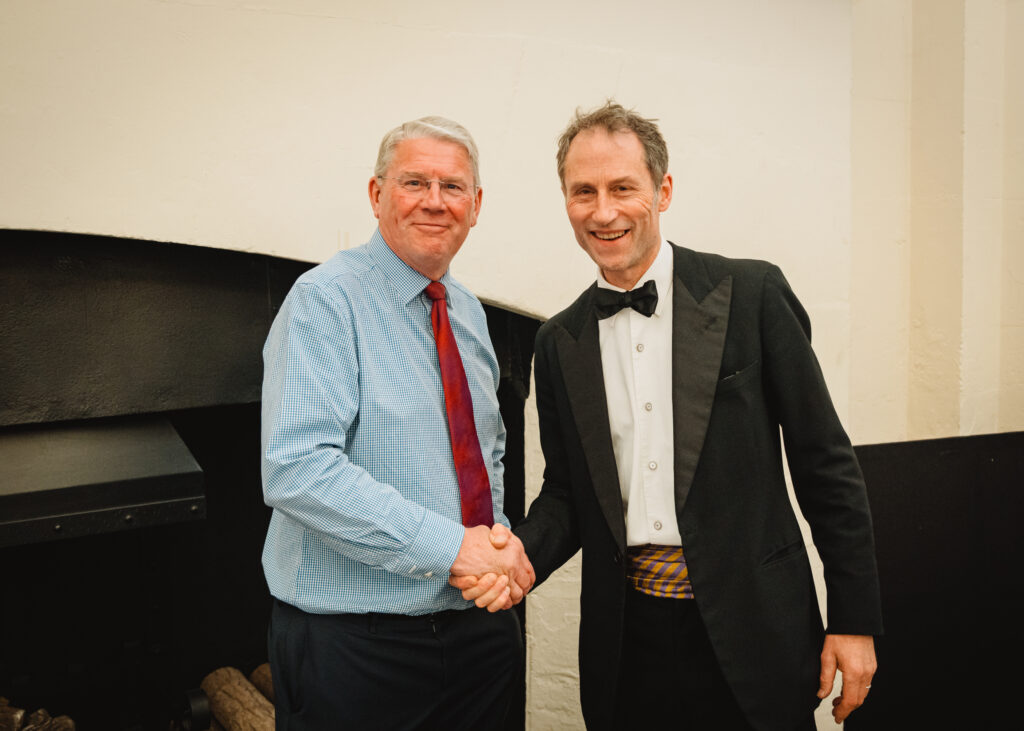
Addendum: downloadable file of my talk below (recorded, as delivered, after the event)
n.b. check out the Ideological Turing Test “you would be able to summarize the opposing position well enough that a person on the opposing side might guess that you agreed with the position….and if you can do this for both sides of a controversial issue….!
footnote: UK govt’s solar roadmap published 30 June 2025. Solar in the media – Herts | Cambs | Suffolk | Doncaster and Northumberland, and Scotland; whereas rewilding always in the media here | here and battery storage struggles
